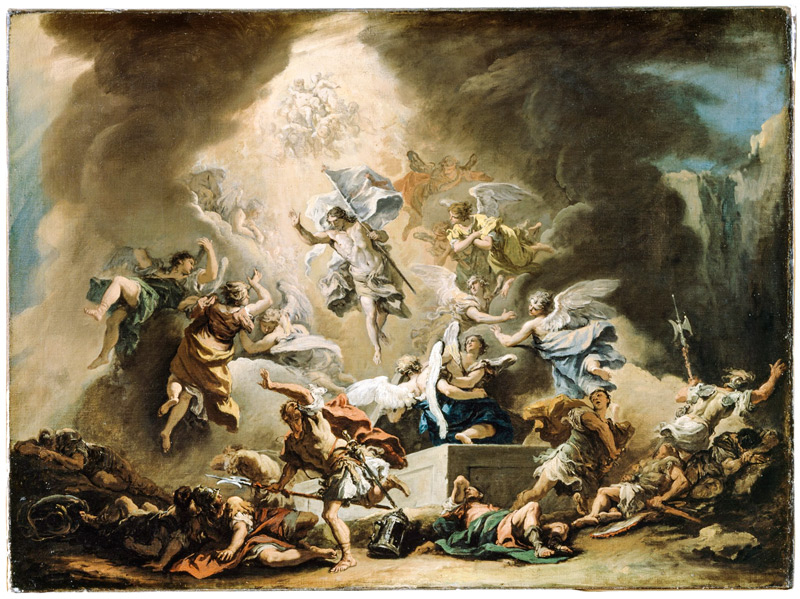A man trying to sell a house buries a statue of St. Joseph upside down in his front yard. A woman who needs financial help constantly publishes notices in local newspapers’ classified ads as she prays novenas to St. Jude. Are these acts of devoted prayer, or superstition?
That’s a border Catholics have to be careful not to cross when taking part in some of the popular devotions that are part of our rich heritage of faith, said Father Stanley Smolenski, director of the shrine of Our Lady of South Carolina in Kingstree.
Father Smolenski said praying novenas and other special devotions to particular saints is an important part of a Catholic prayer life because it is a way of interacting with God through the love of the saint.
“The power of the prayer comes in trusting the saint,” he said. “We believe in their love for us, and that’s where the power is. The power is in our mutual communication with God. They love us perfectly because they’re in the presence of God, and we trust in their love for us.”
He said a distinction must be made between properly praying novenas or other devotions, and simply saying a specific number of prayers with the belief it will help earn a certain result from the prayer.
He recalled a woman he knew many years ago who made what she called a “novena of novenas,” praying nine novenas in a row. On the last day, he said, she lost the novena book and was unable to complete the final novena because she did not have the prayers in front of her.
“She went hysterical because she was counting more on the number of the prayers she’d said than on her confidence in the saint’s love,” he said. “I told her to just say the rosary on the last day. I told her the saint knew you went through 80 days of devoted prayer.
“Trusting in numbers or in certain practices is superstition,” he said. “Trusting in the love the saint has for us is the key. If we bury a statue, that’s superstition. But if we pray to St. Joseph, believe and have confidence that he wants to help us … that’s the key.”



